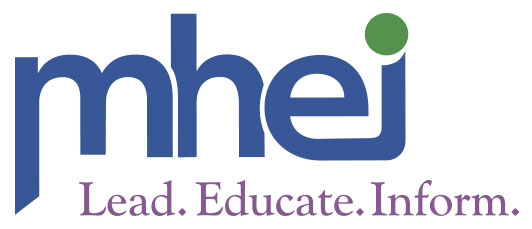
ADDRESSING STRUCTURAL RACISM: TOOLS AND TECHNIQUES TO BUILDING BETTER CULTURE
As trusted leaders in your communities and institutions, hospitals and health systems must promote equity in your organizations. This starts with recognizing and combating common biases that are disruptive to the workforce and to caring for patients. In a new Addressing Structural Racism series, presented by the Maryland Hospital Association (MHA) and the Maryland Healthcare Education Institute (MHEI), you’ll learn how to recognize and stop microaggressions in the workplace and tools and techniques to combat common biases and put an end to institutional biases. These changes must happen to truly impact and improve health disparities and inequities.
How to Recognize and Respond to Microaggressions
May 12
Microaggressions are subtle yet denigrating behaviors or messages you communicate and experience – with colleagues and patients. During this program, we discuss what microaggressions are, intent vs. impact, and typical reactions. We explore different ways to respond to microaggressions. Participants receive tools to help colleagues and other team members recognize, respond, and combat microaggressions.
Common Biases Impacting HR: What Are They and How to Address Them
May 26
Every day we use mental short cuts to make decisions, yet this can lead to implicit bias and negative outcomes. The challenge, in an environment of unrelenting change and complexity, is that we don’t feel we have the time or resources to mitigate bias. Maybe we don’t understand why it matters or perhaps we think bias is a four-letter word best not discussed. How can we make better decisions and drive toward improved and inclusive human resources processes? During this session, you will learn how to manage biases impacting your sourcing, interviewing, hiring, development, and advancement of talent. Participants receive a human resources de-biasing techniques guide.
How to Recognize and Disrupt Institutional Bias
June 10
Bias at an institutional level impacts many people. Yet, most of us have a hard time recognizing institutional bias —even though it is all around us. These biases are built into our processes and procedures and silently provide benefits to certain groups over others. Each of us has the power to increase our awareness and impact change. During this session, you will learn how to recognize the institutional biases in your organization and effective ways to disrupt it. Join to bring back skills and techniques to your department or organization.
How to Foster Psychological Safety and Drive Inclusion
September 15
Research has shown psychological safety is essential for inclusion and team effectiveness. A psychologically safe environment is one where people feel safe enough to take interpersonal risks by expressing themselves. Psychological safety can explain differences in team performance, error reporting, and knowledge sharing. In health care, psychological safety can also mitigate the friction of working on highly diverse and specialized teams in a complex environment.
How to Create an Inclusive Workplace Culture
October 27
Inclusion is discussed as a companion to diversity, but what does it really mean? How do you intentionally create an inclusive workplace culture? During this session, you will learn the necessary components to create and sustain an inclusive workplace culture.

